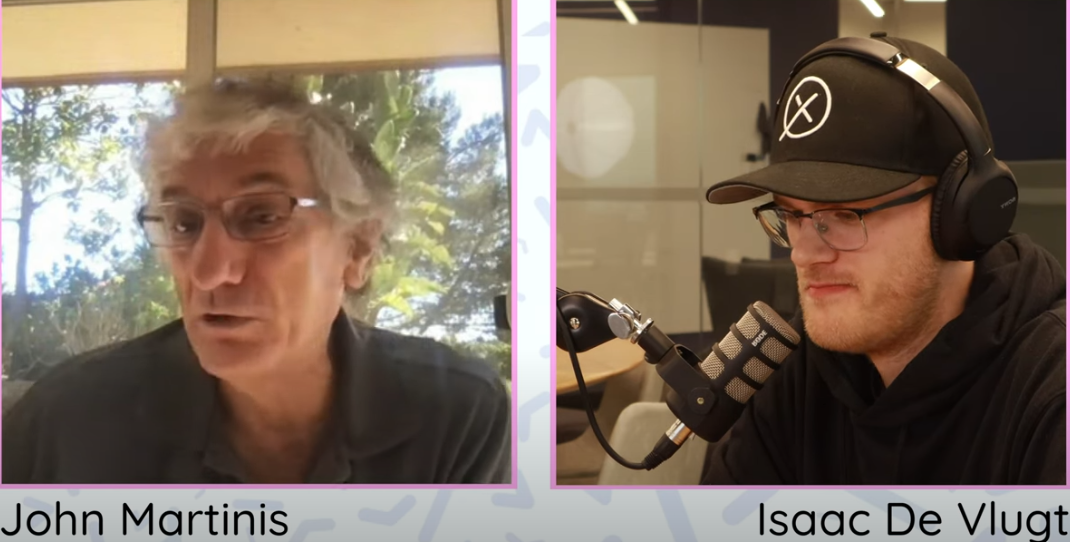As the experimental physics world pushes toward realizing practical quantum computers, few voices carry as much weight as John Martinis. The pioneering physicist, honored with the 2021 John Stewart Bell Prize, sat down with Isaac De Vlugt of Xanadu to share his perspectives on the significant challenges that remain.
One of the core obstacles, according to Martinis, is the disconnect between theoretical abstractions and the realities of quantum hardware implementation.
“The abstraction works so well that you forget there’s real hardware out there and there are real problems,” he said. “It’s not a foregone conclusion that the experimentalists can solve all the problems.”
This difficulty stems in part from the very nature of physics itself.

“Physicists are horrible systems engineers,” Martinis asserted. “They’re born and bred to be bad systems engineers. In physics you isolate all of nature around you to focus on one little aspect. When you’re building something as complicated as a computer you have to get everything right at the same time.”
Despite the formidable hurdles, Martinis remains optimistically realistic about the path forward. He emphasizes that continuous hardware improvement, especially around error rates, is crucial for any approach to succeed — be it near-term applications or full-scale error correction.
“All I want to see is that you’re making better qubits because to make better qubits you can do a lot,” he said. “We just have to make our qubits better. Everyone does.”
On the technology front, while acknowledging the scalability strengths of superconducting qubits, Martinis calls attention to the fact that all platforms face significant systems engineering challenges.
“What determines a technology is not necessarily the best qualities but the worst qualities,” he explained. “It’s usually the bad one that causes you the problem that limits what you can do.”
As Xanadu and others work to build the software and algorithmic foundations, Martinis’ insights underscore the need to maintain a willingness to question conventional wisdom — and an appreciation for the incredible difficulty of coherently engineering quantum behavior at a massive scale. The path remains uncertain, but having an experimentalists’ voice like Martinis’ to ground the aspirations can only help guide the field’s development.
Featured image: Credit: Between Two Kets/PennyLane
















